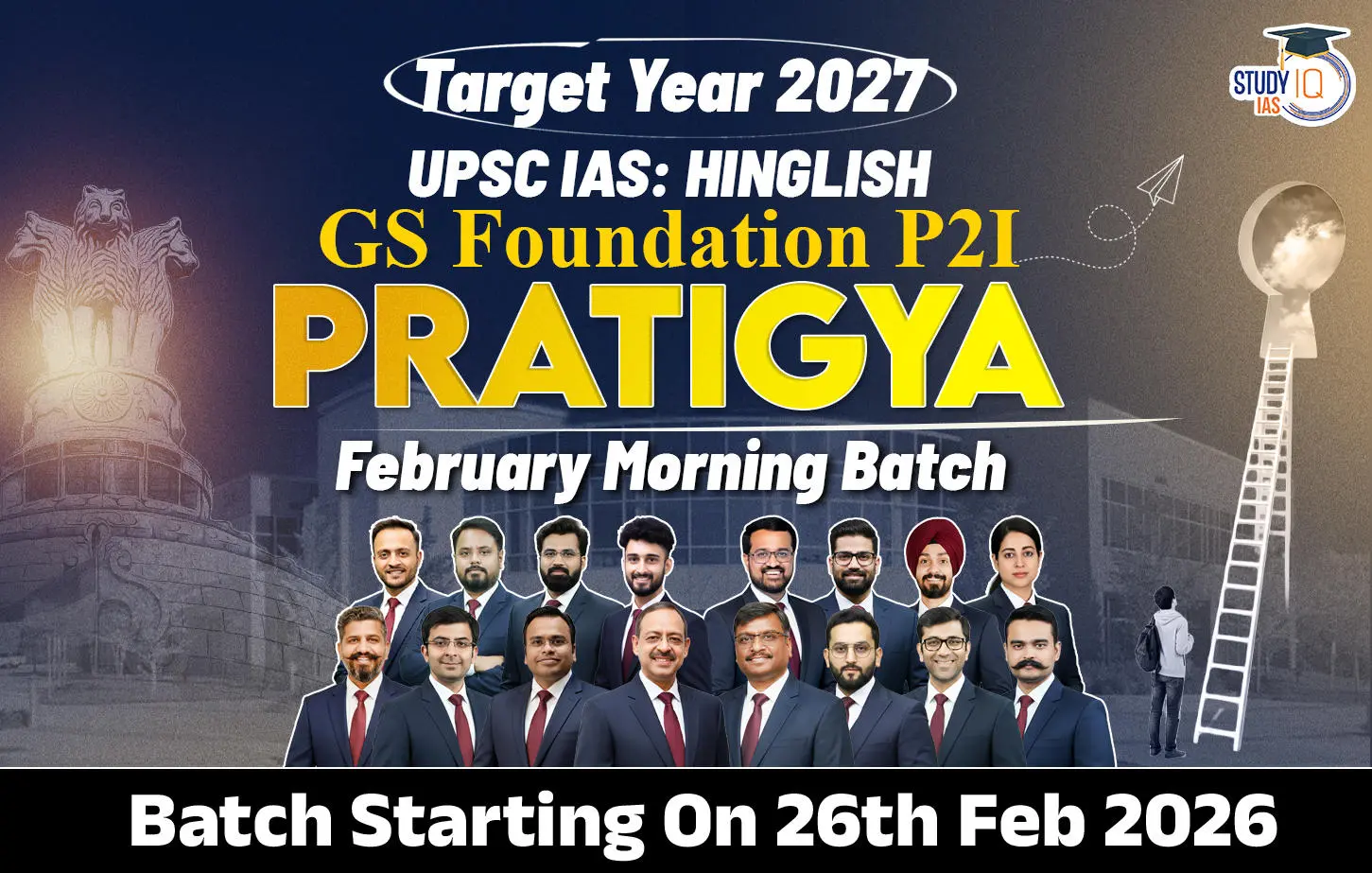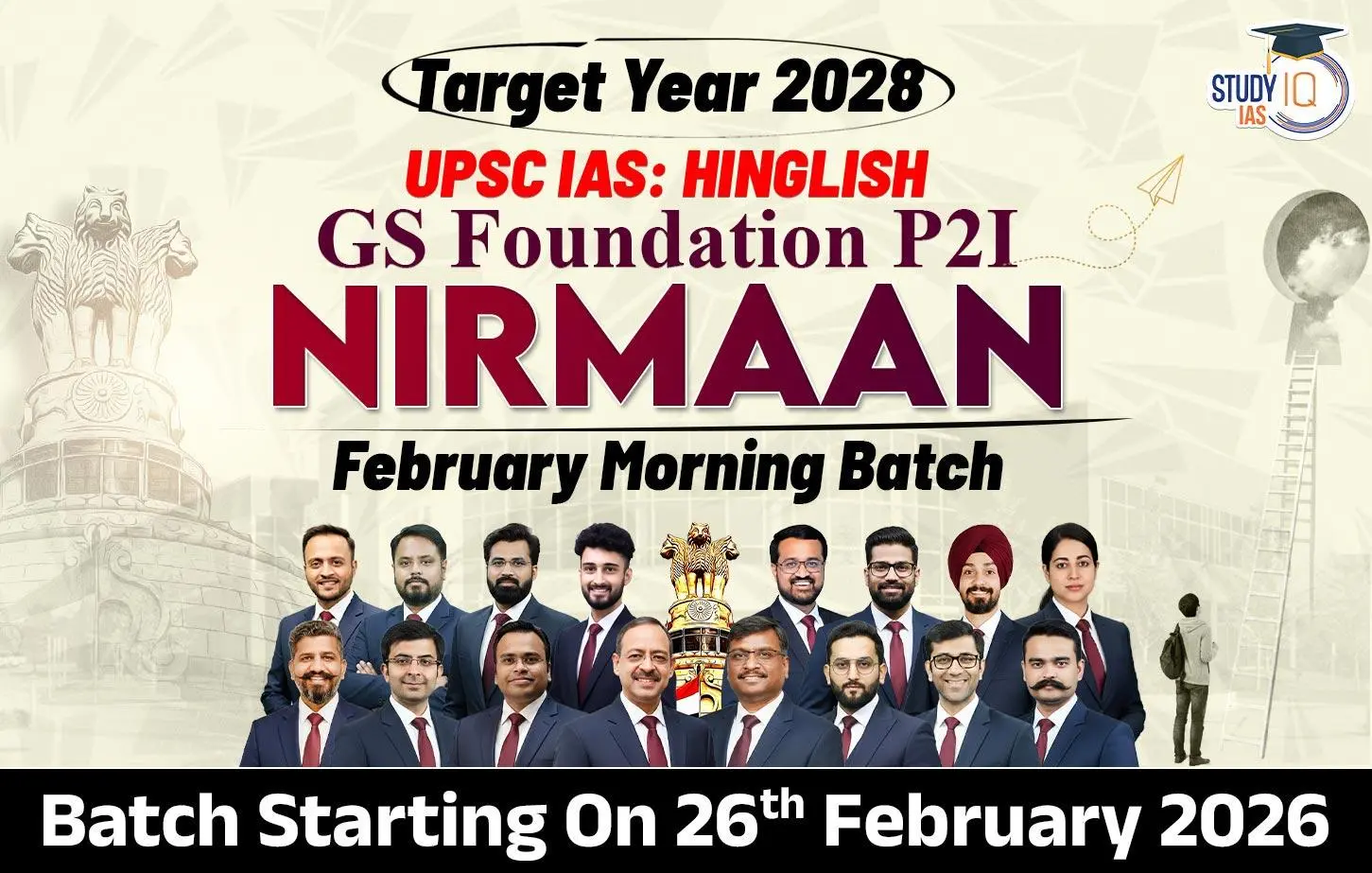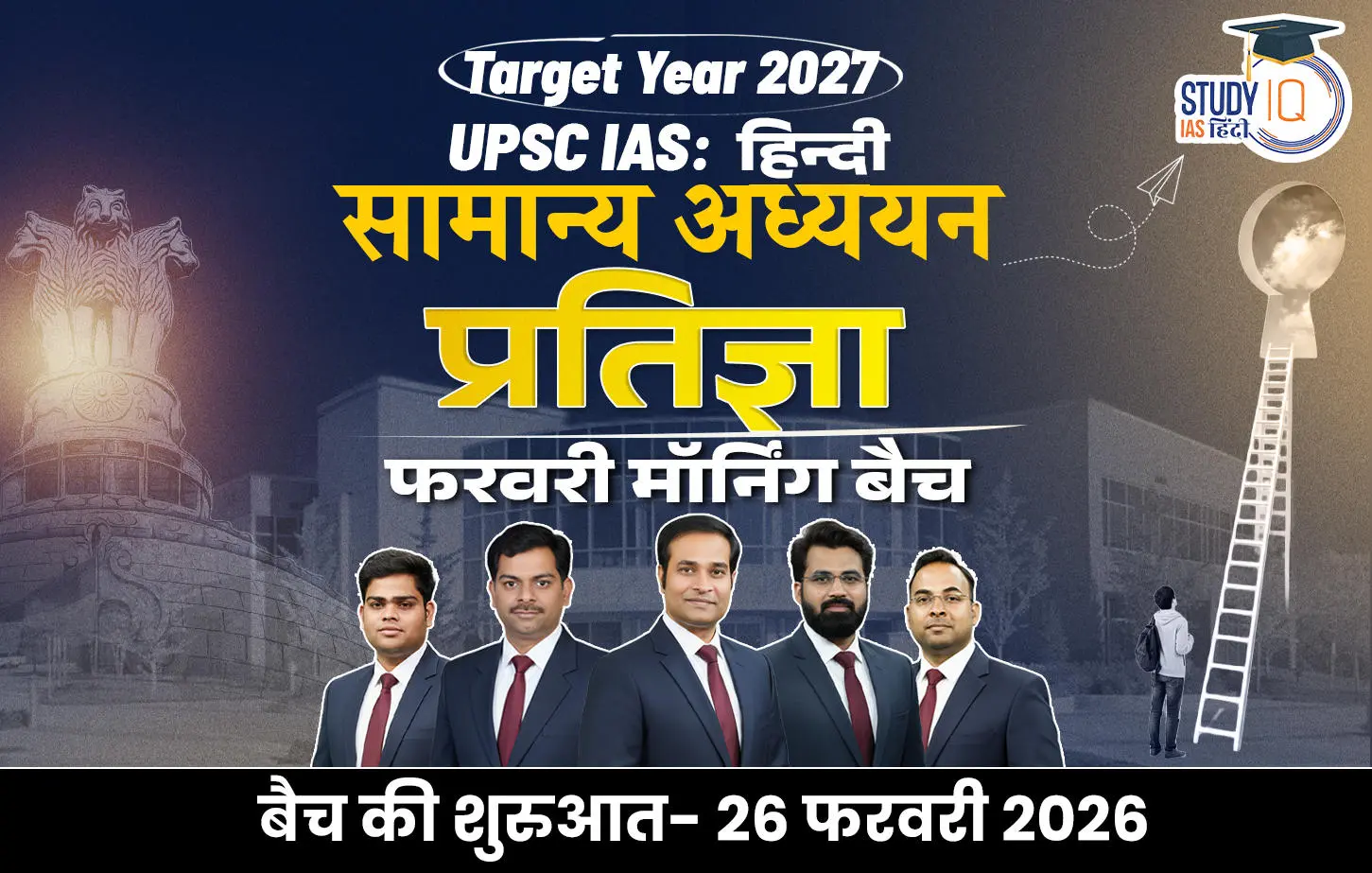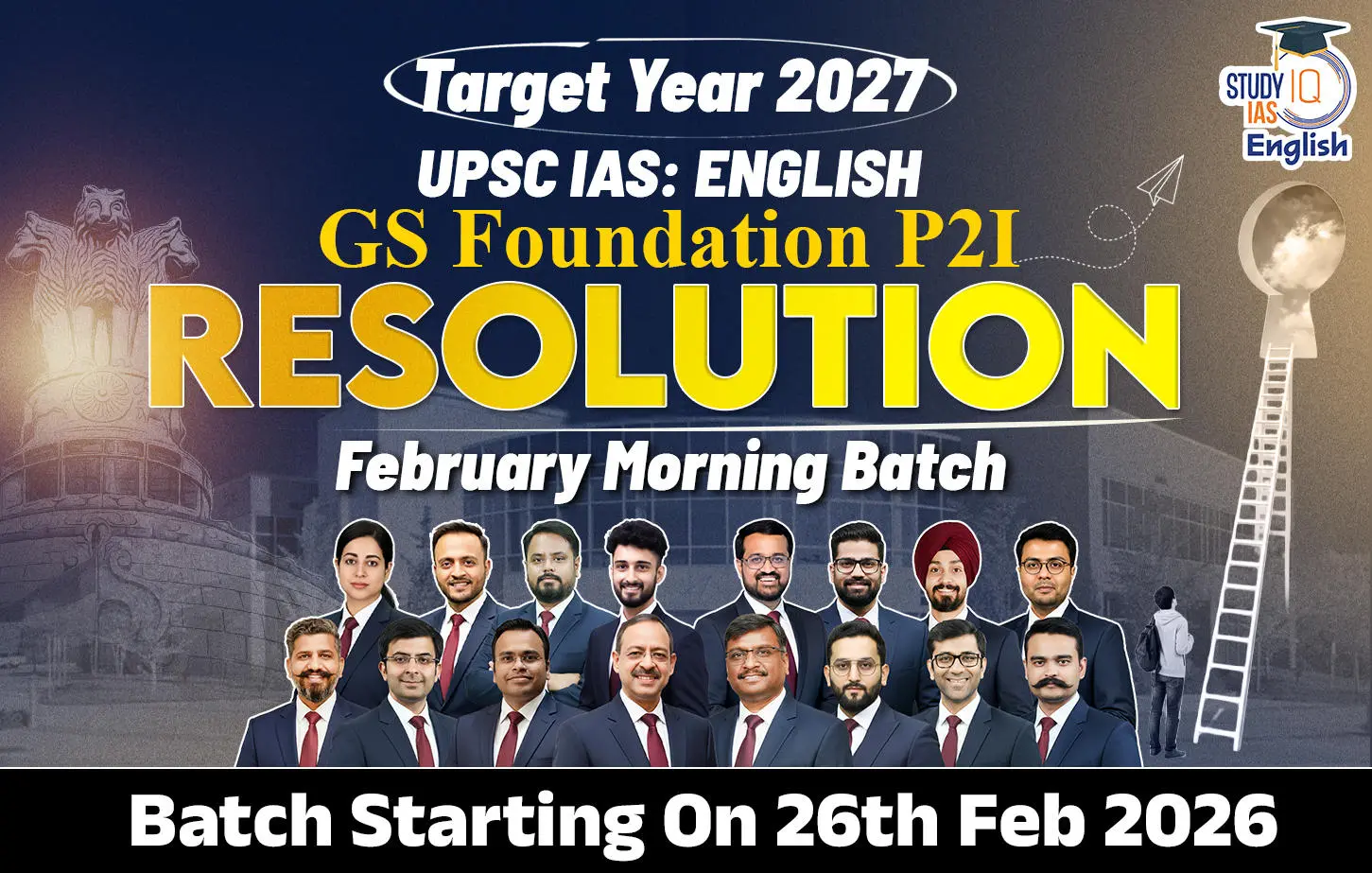Table of Contents
Citizenship (Amendment) Act
- The Citizenship Amendment Act (CAA) rules were notified by the Ministry of Home Affairs (MHA), four years after the act was passed by Parliament.
- The CAA expedites citizenship for six non-Muslim communities — Hindu, Sikh, Buddhist, Parsi, Christian, and Jain — from Pakistan, Afghanistan, and Bangladesh.
- The CAA is contested in the Supreme Court, with fresh pleas seeking to stay the implementation of the newly notified rules.
Provisions and Exemptions
- Amendment to Citizenship Act, 1955: A new proviso was added to Section 2(1)(b) to define “illegal migrants,” making specific undocumented immigrants eligible for citizenship.
- Exemptions for Tribal Areas: Tribal areas in Assam, Meghalaya, Mizoram, and Tripura are excluded from the CAA, with Inner Line Permit (ILP) required for entry.
- Procedural Changes in Citizenship Granting:
- Passport and Visa Requirements: The rules now waive the requirement of a “valid passport” or Indian visa for citizenship applications from the specified communities.
- Alternative Documentation: “Any document” indicating ancestry from the specified countries or a certificate from an elected local body member can now suffice for proving nationality.
| Fact |
|
Concerns and Potential Impacts
- Impact on Muslims: The combination of the CAA with the proposed National Register of Indian Citizens (NRIC) could disproportionately affect Muslims, as non-Muslims may use the CAA to secure citizenship if excluded from the NRIC.
- The 2021 Assam NRIC left over 19 lakh people out of the citizenship register.
- Constitutionality Challenge: Petitioners argue that it violates Article 14 of the Constitution by using religion as a basis for citizenship.
- Assam Accord (Section 6A) Subversion Claims: Petitioners claim that the CAA undermines the 1985 Assam Accord, which sets March 24, 1971, as the cut-off for recognizing foreigners without a religious distinction.
- Verdict on Section 6A: The CJI-led Constitution Bench has reserved its verdict on Section 6A’s validity, with historical and humanitarian implications being considered.
We’re now on WhatsApp. Click to Join
Paytm – Third Party Application Provider
Context: Paytm has received approval from the National Payments Corporation of India (NPCI) to operate as a third-party application provider (TPAP) for Unified Payments Interface (UPI) services.
More in News
- This authorization allows Paytm to offer UPI payment solutions directly to users, including those through mobile wallets, other merchant apps, or any platform utilising UPI for payments.
- Previously, all UPI transactions through Paytm were processed through Paytm Payments Bank (PPB), an associate company of One97 Communications Ltd, which owns Paytm.
- The Reserve Bank of India (RBI) restricted Paytm Payments Bank from onboarding new customers due to concerns over its process of verifying customer credentials and managing risks.
- Following the RBI’s restrictions, PPB had to address these concerns.
- With the RBI’s mandate, no new TPAP will be permitted unless they comply with the regulatory requirements for UPI payment services.
- Paytm’s approval by the NPCI to operate as a TPAP will enable the use of its technology by other banks for UPI services.
- One97 Communications, advised by NPCI, must complete the migration of its existing UPI user base to the new TPAP service, adhering to the provided regulations and timelines.
About NPCI
- Function: Umbrella organisation operating retail payment and settlement systems in India.
- Origin: Established by the Reserve Bank of India (RBI) and Indian Banks’ Association (IBA) under Payment and Settlement Systems Act (2007).
- Structure:
- Not-for-profit company under Section 8 of Companies Act (2013).
- Promoted by ten major banks (SBI, PNB, Citibank, etc.).
- Regulatory board with nominees from RBI and core promoter banks.
- Headquarters in Mumbai.
- Focus:
- Innovation in retail payment systems using technology.
- Increased efficiency and wider reach of payment solutions.
- Payment Systems Operated:
- National Financial Switch (NFS)
- Immediate Payment Service (IMPS)
- Aadhaar-enabled Payment System (AEPS)
- National Automated Clearing House (NACH)
- Services Offered:
- Bharat Bill Payment Interface (BBPI): Single platform for bill payments.
- Immediate Payment Service (IMPS): 24/7 instant fund transfer service.
- RuPay: Affordable debit, credit, and prepaid cards. Over 300 million were issued in India.
- USSD Services: Mobile banking without the internet or smartphone is required.
- BHIM: UPI-based app for making payments using VPA or mobile number.
- Unified Payments Interface (UPI): Smartphone-based fund transfer directly between bank accounts.
Examples and Case Studies for Value Addition
Population And Associated Issues: The recent report by the United Nations Inter-agency Group for Child Mortality Estimation noted that the annual number of global under-5 deaths in 2022 declined by more than half.

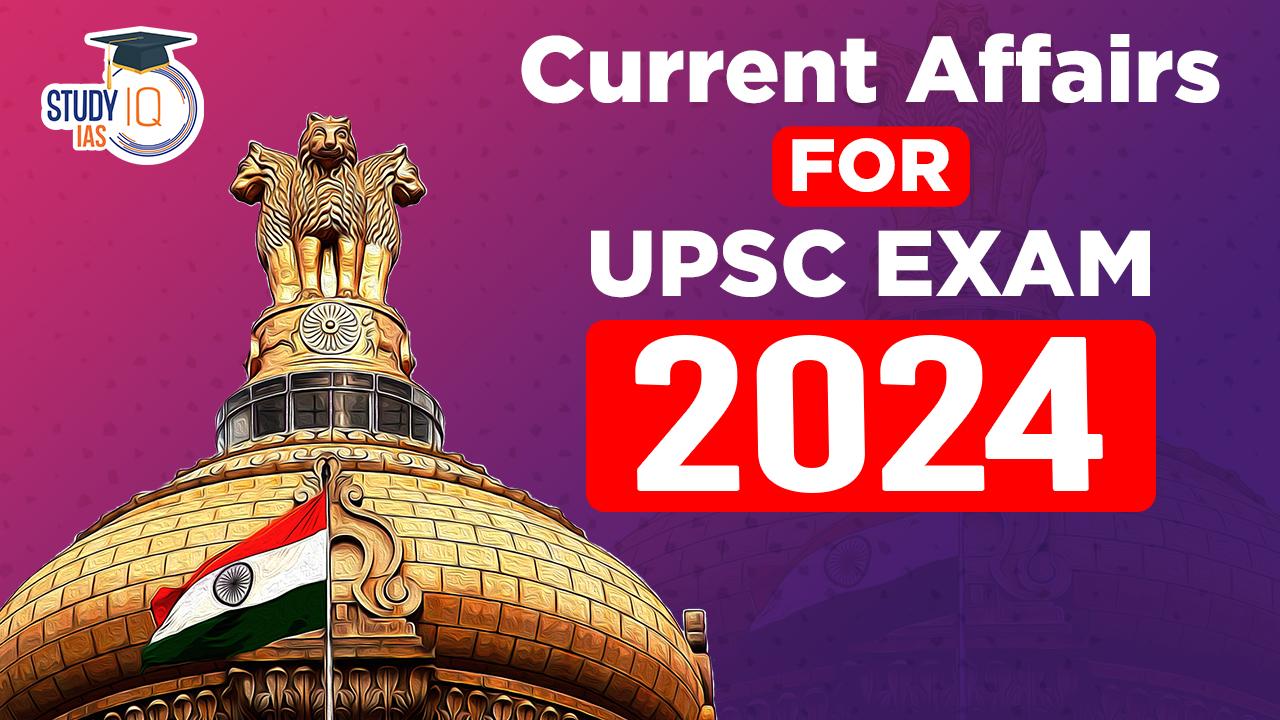
 Graphic Processing Units (GPUs) – Work...
Graphic Processing Units (GPUs) – Work...
 Gold Imports and the Indian Economy – ...
Gold Imports and the Indian Economy – ...
 Nilgiri Tahr Conservation: Ecology, Habi...
Nilgiri Tahr Conservation: Ecology, Habi...
